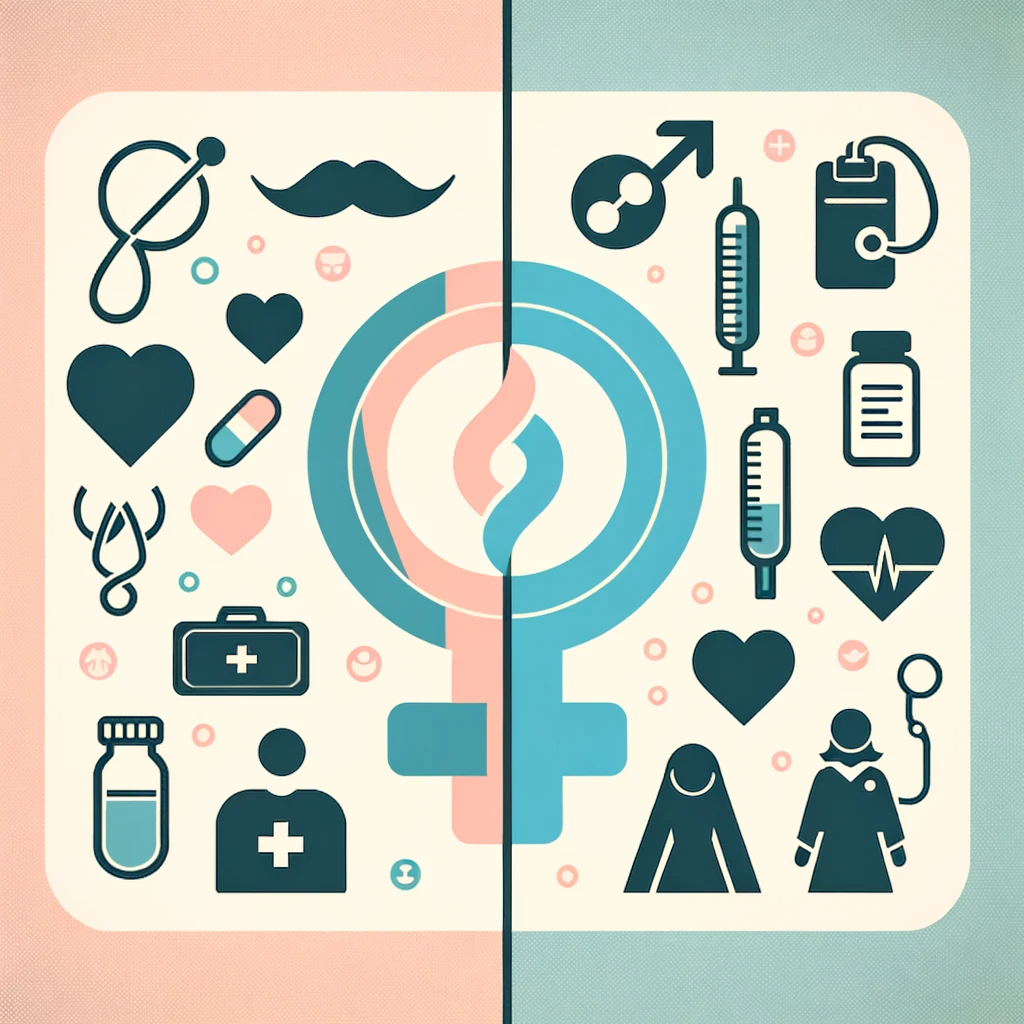
Gender-specific treatment in addiction recovery refers to programs designed exclusively for men or women. These programs consider the unique cultural, social, and biological factors affecting each gender. They provide a safe, supportive environment where individuals can address their issues without the distractions or pressures that can arise in a mixed-gender setting. Here’s an in-depth look at the benefits of gender-specific treatment for addiction.
Understanding Gender-Specific Issues in Addiction:
- Biological Differences: Men and women metabolize substances differently, and their bodies react differently to drugs and alcohol. These differences can affect the development of addiction and the approach to treatment.
- Social and Cultural Factors: Gender roles and societal expectations can influence the reasons for substance use and the barriers to seeking help.
- Trauma and Abuse: Women are more likely to have histories of abuse and trauma, which are often linked to substance use. Addressing these issues can be crucial in treatment.
Benefits of Gender-Specific Treatment:
1. Focused Treatment:
- Targeted Approach: Gender-specific programs can focus on issues most relevant to each gender, providing more personalized and effective treatment.
- Addressing Gender-Related Issues: Programs can directly address issues like pregnancy, motherhood, and hormonal changes in women, or masculinity and societal pressures in men.
2. Enhanced Comfort and Openness:
- Safe Space: Being among peers of the same gender can create a safe, non-judgmental space where individuals feel more comfortable sharing personal experiences and challenges.
- Reduced Distractions: Eliminating the distractions of the opposite sex can help clients focus more on recovery.
3. Peer Support and Understanding:
- Shared Experiences: Gender-specific groups can foster a sense of community and understanding among members who have had similar experiences.
- Role Models and Mentors: Programs can provide same-gender role models and mentors who have successfully navigated recovery, offering hope and guidance.
4. Tailored Relapse Prevention:
- Gender-Specific Triggers: Men and women often have different triggers for substance use. Gender-specific treatment can focus on strategies and skills to address these unique triggers.
- Coping Strategies: Programs can teach coping strategies that are more likely to resonate with and be effective for a specific gender.
5. Addressing Mental Health and Trauma:
- Co-occurring Disorders: Treatment can address common co-occurring disorders within each gender, such as depression and anxiety in women or anger management issues in men.
- Trauma-Informed Care: For women, especially, programs often incorporate trauma-informed care to address issues of abuse and trauma that are linked to substance use.
6. Improved Communication and Interaction:
- Openness: In a gender-specific setting, individuals might be more likely to discuss sensitive issues like sexual health, body image, or personal relationships.
- Dynamics: Without the influence of the opposite gender, the group dynamics can encourage more supportive and less competitive interactions.
7. Parenting and Family Focus:
- Women’s Issues: Programs for women can focus on issues like pregnancy, motherhood, and childcare, providing support and education.
- Men’s Issues: Programs for men can focus on fatherhood, masculinity, and being a provider, addressing the unique pressures and concerns men face.
8. Cultural Sensitivity:
- Respecting Differences: Gender-specific treatment can be more sensitive to cultural and religious beliefs that might affect one’s comfort or willingness to participate in a mixed-gender setting.
- Customized Treatment: Programs can respect and incorporate cultural practices and beliefs that are particularly relevant to one gender.
Challenges and Considerations:
1. Access and Availability:
- Limited Options: There may be fewer gender-specific programs available, making access a challenge for some.
- Diverse Needs: Not everyone may find gender-specific treatment appealing or necessary. Some individuals may prefer a mixed-gender environment or find it more reflective of real-world interactions.
2. Diversity and Inclusivity:
- LGBTQ+ Considerations: Gender-specific programs need to be inclusive and sensitive to the needs of LGBTQ+ individuals who may not fit traditional gender categories.
- Individual Preferences: Treatment should respect and accommodate individual preferences and needs, regardless of gender.
Conclusion:
Gender-specific treatment offers a tailored approach that can address the unique biological, social, and emotional needs of men and women in recovery. By providing a focused, comfortable, and understanding environment, these programs can enhance the effectiveness of addiction treatment and support long-term recovery. However, it’s also important to consider individual preferences and needs when choosing a treatment program. As the understanding of gender and addiction continues to evolve, so too will the approaches to gender-specific treatment, ensuring that they remain responsive, inclusive, and effective for all who seek help.


